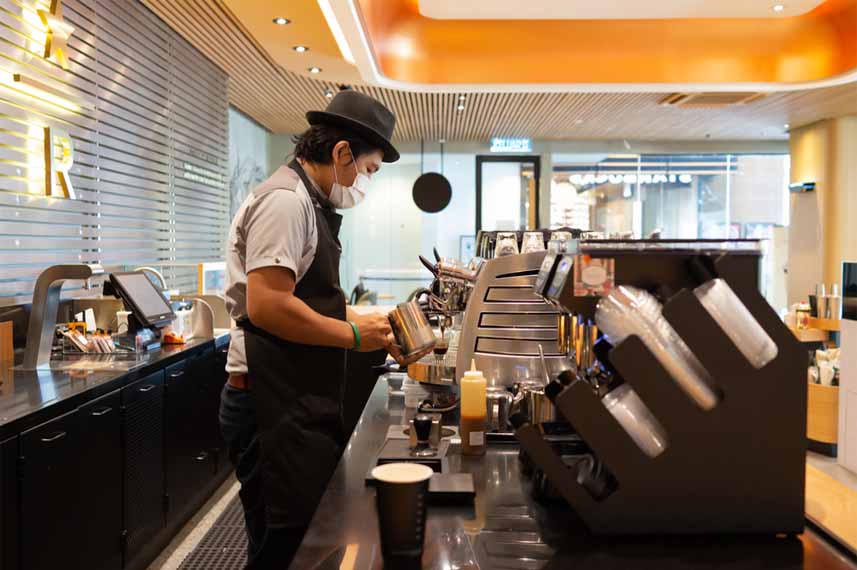
This is a question every franchisor and franchisee has at the back of their minds regardless of whether they say it aloud or not.
Just like all other businesses, the franchising space has been signed significantly by the pandemic situation, and many companies have been struggling to stay afloat.
Unfortunately, the belief that the Coronavirus would fizzle out by the end of Sept 2020 has been disproved, and the COVID-19 situation continues to affect our lives today more than it did in March 2020 when the pandemic first reared its ugly head across the globe.
It’s heartening to note that most franchisors stepped up during the crises and have helped their franchisees maintain some stability and stay afloat in these troubled times. FCA conducted a survey in which 94% of respondents provided different examples of support, including indirect and direct financial assistance to help with managing changes in the business regulations.
Franchisors have been helping the franchisees to talk to their respective landlords about getting either a deferral, reduction or abatements in rent. The government had launched the JobKeeper payments that proved to be helpful with their staff. Many franchisors also provided advice on ways to break even, no matter what their level of sales was.
All these measures have helped franchisees mitigate losses to some extent. While no one can avoid being battered and bruised in one way or another, most franchise businesses would be able to stay afloat.
Other franchises have altered their offerings and found different ways to conduct. Some franchises added services specific to the current conditions, while food franchises began to lean heavily on home delivery options. Certain businesses added essentials to their standard offerings and began delivering those as part of their services.
But certain franchisors did not step up, and they continued to charge the standard franchisees when their businesses have suffered a significant loss of income or are temporarily closed. The ACCC (Australian Competition and Consumer Commission) Franchising Code of Conduct states very clearly that all the parties in a franchising agreement have to act in good faith.
It means that franchisors are required to act reasonably towards their franchisees in this period. In the current environment, the definition of good faith may have changed. Franchisors that charge franchisees full fees during times when their businesses haven’t been operating might be in breach of the obligation of acting in good faith, and there is a hefty penalty for that.
Also, good faith is about how the business is going to be positioned post COVID-19 if the franchisees haven’t been treated fairly. Fortunately, such incidences are few and far between and in most settings franchisors have been understanding, proactive and forthcoming with solutions.
In the current situation, staying afloat is all about looking to do things differently and seeing how to manage the business in a way that it will be at least a little stable and move through to the other side as unscathed as possible. The FCA website has various resources both for franchisors and franchisees, and these provide helpful information and guidance during these troubled times.
This is also the time when franchisors need to go the extra mile and find solutions that will help to keep not just their company alive but their franchisee partners’ businesses afloat as well.
If you want any more information or support and ideas on how to go about communicating with and keeping your franchisees engaged and in a positive mind frame, contact the experts at The Franchise Institute. You can call us on 1300 855 435 or fill-in this contact us form, and one of our experts will contact you as soon as we can.
Thanks for reading,
The Franchise Institute Team
1300 855 435